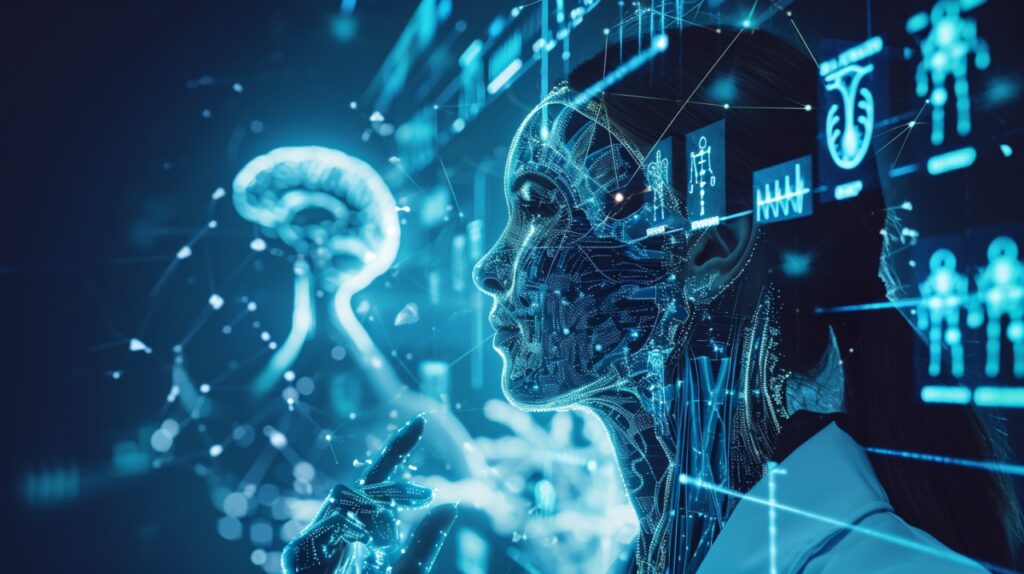In recent years, Blockchain, Virtual Reality (VR), and Internet of Things (IoT) have rapidly evolved and gained attention in various industries. Blockchain technology has expanded beyond cryptocurrency to be used in finance, healthcare, and supply chain management. Decentralized finance (DeFi) platforms have risen, allowing users to access financial services without traditional intermediaries. VR has moved beyond gaming to education, healthcare, and training, with standalone headsets making experiences more accessible. IoT has enabled smart home automation and real-time monitoring, with AI and machine learning being integrated for advanced insights. As these technologies continue to develop, they have the potential to revolutionize how we interact with technology and society.
The Evolution of Blockchain, VR, and IoT: A Deep Dive into the Latest Developments
Introduction
In recent years, the technologies of Blockchain, Virtual Reality (VR), and Internet of Things (IoT) have rapidly evolved and gained significant attention in various industries. These technologies have the potential to revolutionize the way we interact with data, conduct transactions, and experience the digital world. In this article, we will explore the latest developments in Blockchain, VR, and IoT and examine how they are shaping the future of technology.
Blockchain
Blockchain technology, which was first introduced with the creation of Bitcoin in 2009, is a decentralized and secure way of recording transactions across a network of computers. Since then, Blockchain has evolved to be used in various industries beyond cryptocurrency, including finance, healthcare, supply chain management, and more.
One of the latest developments in Blockchain is the rise of decentralized finance (DeFi) platforms, which allow users to access financial services without the need for a traditional intermediary. DeFi platforms are built on Blockchain technology, enabling users to lend, borrow, and trade assets securely and transparently.
Virtual Reality (VR)
Virtual Reality is a technology that immerses users in a simulated environment, allowing them to interact with digital content in a more immersive and engaging way. VR has been widely adopted in gaming and entertainment industries, but its applications are expanding to other fields such as education, healthcare, and training.
One of the latest developments in VR is the introduction of standalone VR headsets, which do not require a computer or smartphone to operate. These standalone devices offer users more freedom of movement and ease of use, making VR experiences more accessible to a wider audience.
Internet of Things (IoT)
The Internet of Things refers to the network of physical devices connected to the internet, allowing them to collect and exchange data. IoT technology has been integrated into various products and services, enabling smart home automation, predictive maintenance, and real-time monitoring.
One of the latest developments in IoT is the integration of artificial intelligence (AI) and machine learning algorithms to analyze and interpret the vast amount of data generated by IoT devices. This allows for more advanced insights and decision-making capabilities, ultimately optimizing processes and improving efficiency.
Conclusion
As Blockchain, VR, and IoT technologies continue to evolve, we can expect to see more innovative applications and advancements in various industries. These technologies have the potential to transform the way we interact with technology, conduct business, and experience the digital world. By staying informed on the latest developments in Blockchain, VR, and IoT, we can better understand how these technologies are shaping the future of technology and society as a whole.
